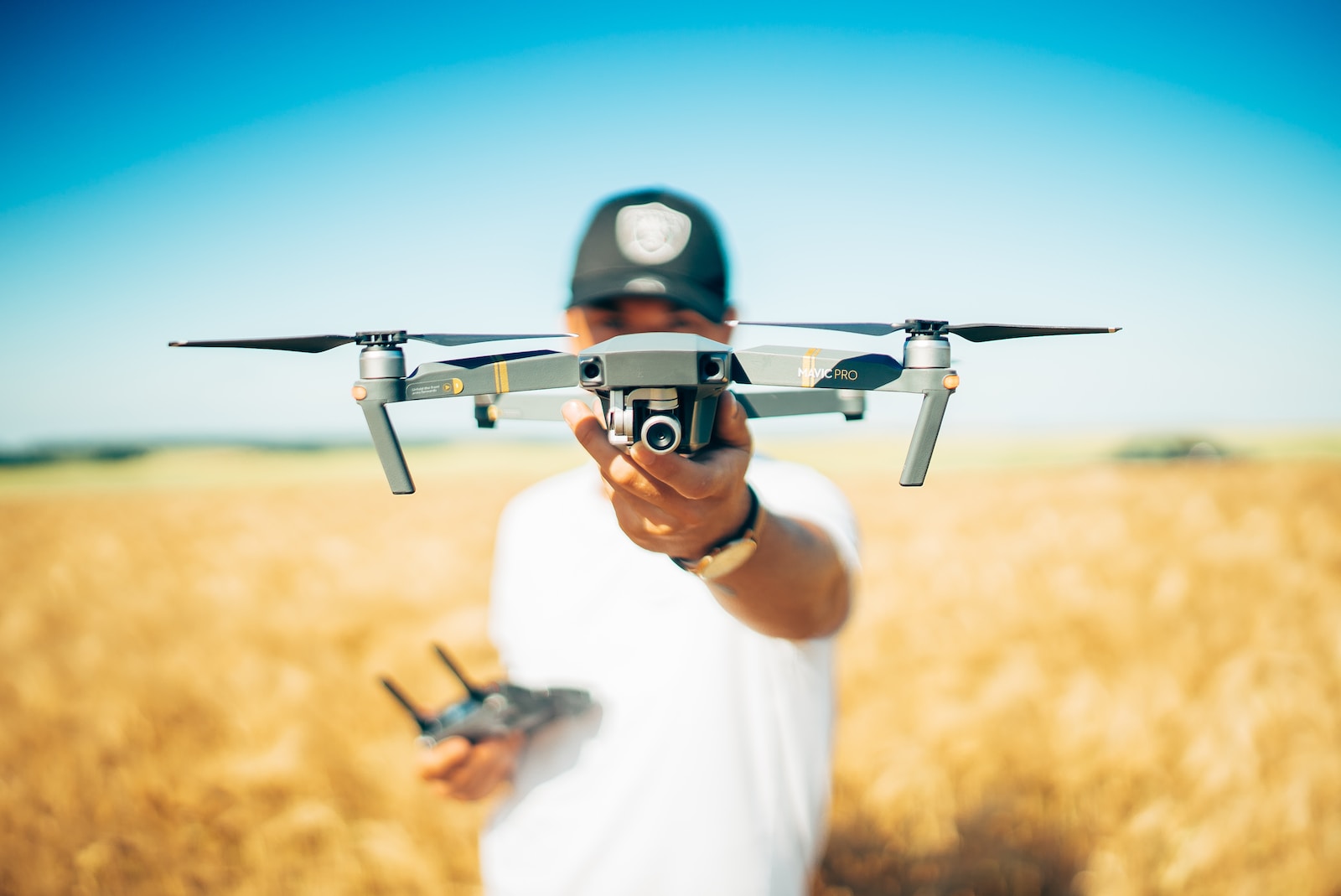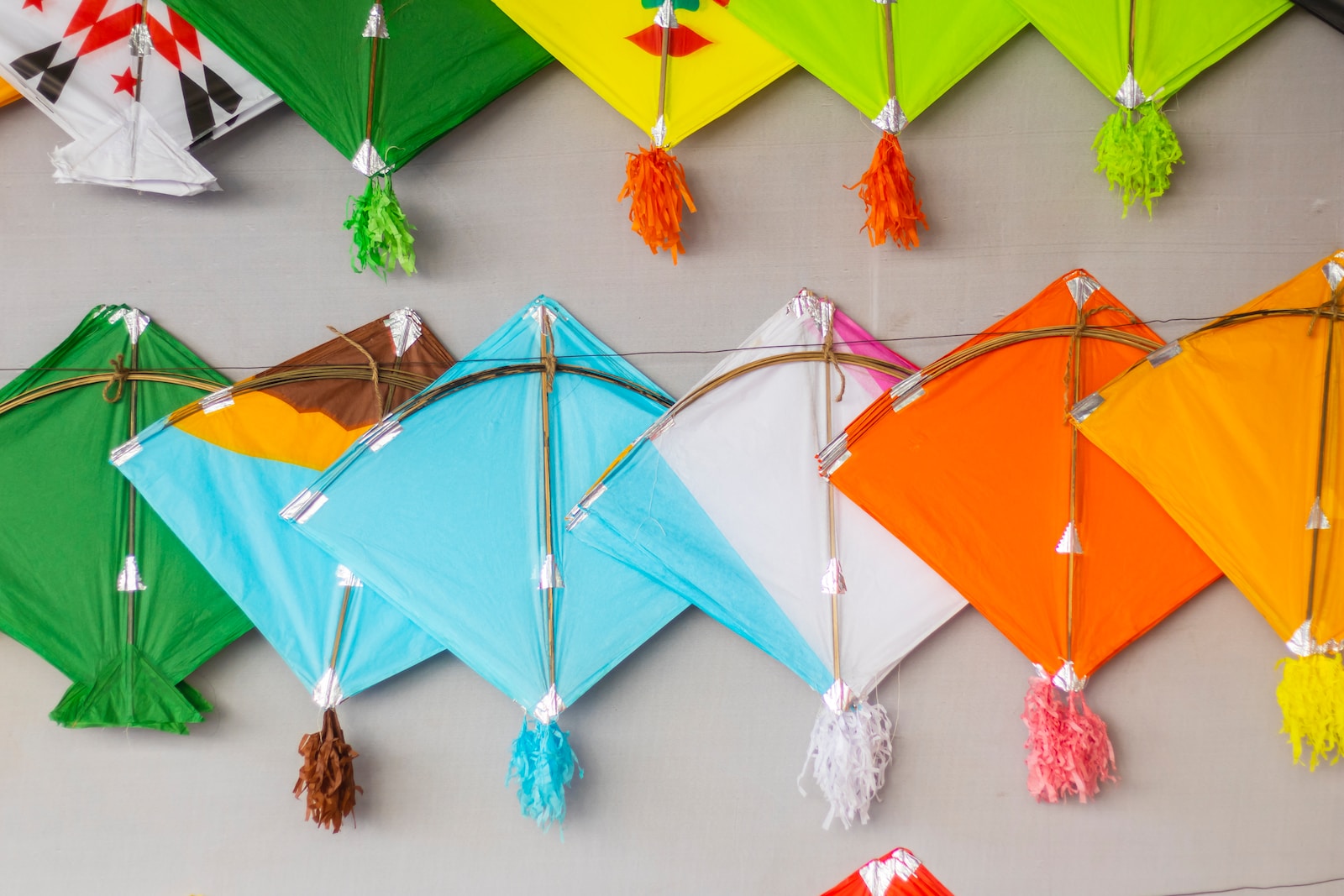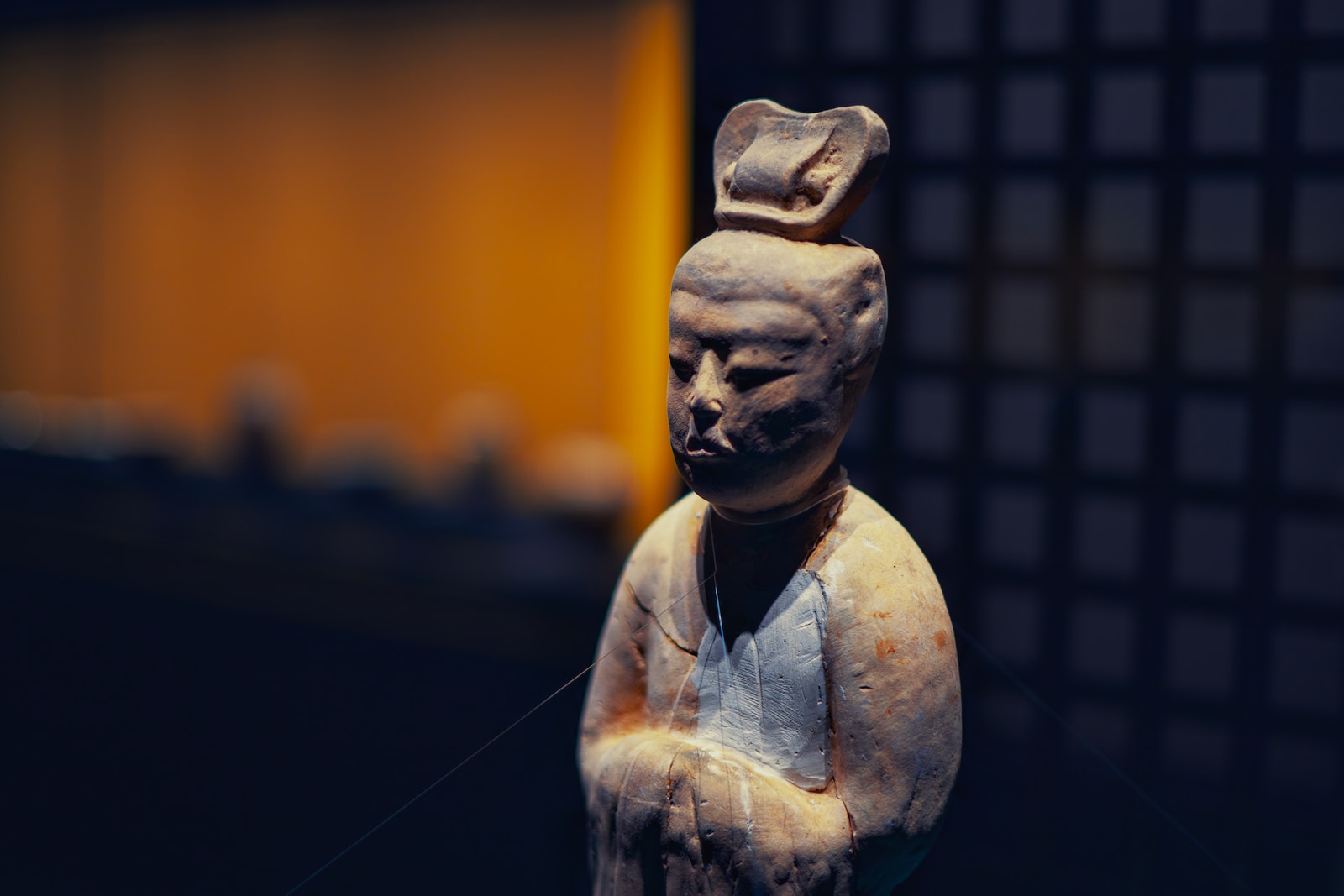Drone Photography: Legal and Ethical Guidelines Drone photography is an amazing way to capture stunning aerial views of landscapes, buildings, and events. However, it also requires careful planning and preparation to ensure legal compliance and ethical conduct. In this blog, we will discuss some of the key issues that drone photographers need to consider before taking off.
Table of Contents
Legal Requirements for Drone Photography
Flying a drone for photography purposes is not as simple as it may seem. There are various laws and regulations that govern the use of drones in different countries, regions, and locations. Some of the legal requirements that drone photographers need to be aware of are:
- Drone registration: Depending on the size, weight, and purpose of your drone, you may need to register it with the relevant aviation authorities in your country or area. This may involve providing your personal information, paying a fee, and displaying a registration number on your drone. Registering your drone helps to ensure accountability and safety in the airspace.
- Airspace rules: Different types of airspace have different rules and restrictions for drone operations. You need to research and understand the airspace classification and requirements in the areas you plan to fly your drone. For example, you may need to obtain permission, follow height limits, or avoid certain zones. Following the airspace rules helps to prevent interference or collision with other aircraft or obstacles.
- Commercial photography: If you intend to use your drone photos for commercial purposes, such as selling them or using them for advertising, you may need to obtain a license or permit from the relevant authorities in your country or area. This may involve passing a test, meeting certain standards, or following specific conditions. Obtaining a commercial photography license helps to protect your rights and interests as a photographer.
Ethical Considerations for Drone Photography
Besides the legal requirements, drone photography also involves ethical considerations that reflect your values and responsibilities as a photographer. You need to respect the privacy, safety, and environment of the people, places, and animals that you photograph. Some of the ethical considerations that drone photographers need to consider are:
- Privacy: When flying your drone, you need to respect the privacy of others and avoid capturing images or videos of people without their consent. You also need to avoid flying over private property or sensitive areas where people may have a reasonable expectation of privacy. Respecting privacy helps to maintain trust and avoid legal issues.
- Safety: When flying your drone, you need to follow safety guidelines and best practices to ensure the well-being of yourself and others. You also need to avoid flying near airports, crowded areas, or emergency situations where your drone may pose a risk or cause a disturbance. Promoting safety helps to enjoy the hobby without causing harm or trouble.
- Environment: When flying your drone, you need to be mindful of the environment and the impact your drone may have on it. You also need to avoid flying over protected areas, wildlife habitats, or other fragile locations where your drone may disrupt or damage the natural balance. Preserving the environment helps to showcase its beauty without contributing to its degradation.
Relevant Things a Drone Photographer Should Do
Before taking off with your drone, there are some relevant things that you should do as a drone photographer. These include:
- Research: You should research the laws and regulations regarding drones in your country or area. You should also research the airspace rules and restrictions in the locations you plan to fly your drone. You should also research the weather conditions and potential hazards that may affect your flight.
- Plan: You should plan your flight ahead of time and map out your route and objectives. You should also plan your backup options in case of emergencies or changes in circumstances. You should also plan your photography goals and settings to achieve optimal results.
- Check: You should check your drone equipment before each flight and make sure it is in good working condition. You should also check your battery level, signal strength, and flight mode. You should also check your surroundings and make sure they are safe and suitable for flying.
- Fly: You should fly your drone responsibly and follow the legal and ethical guidelines discussed above. You should also fly with caution and care and monitor your drone at all times. You should also fly with creativity and passion and capture amazing images.
Drone photography is a fun and rewarding hobby that allows you to see the world from a different perspective. However, it also requires careful preparation and consideration to ensure legal compliance and ethical conduct. By following the guidelines discussed in this blog, you can ensure that your drone photography is not only enjoyable but also safe and respectful for yourself and others.
Did you know that drones were first used for military purposes? It wasn't until recent years that they became widely accessible for photography enthusiasts.
Staying Updated with Regulations
Drone regulations are continuously evolving, and it’s important to stay up to date with any changes or additions. Join online communities, subscribe to newsletters, and follow relevant authorities to ensure you are aware of any new guidelines or restrictions. By staying informed, you can adapt your drone photography practices accordingly and continue to fly within the boundaries of the law.
Being a Responsible Operator
Above all, being a responsible drone operator means being respectful, considerate, and conscious of your surroundings. Always operate your drone within your line of sight, away from crowds, and in suitable weather conditions. Stay informed about any local events or restrictions that may affect your flight plans. By adopting a responsible and considerate approach, you can not only excel in drone photography but also inspire others to follow in your footsteps.

Overcoming Challenges in Drone Photography
Drone photography has revolutionized the world of aerial photography, giving photographers a whole new perspective and allowing them to capture breathtaking shots from impressive heights. However, as with any form of photography, there are rules and regulations that need to be followed to ensure the safety of others and the legal compliance of the photographer.
One such case study that highlights the importance of abiding by these rules is the experience of a professional drone photographer, Lisa Thompson. Lisa has been using drones for photography purposes for over three years and has encountered her fair share of challenges along the way.
The Legal Permissions
One of the main challenges Lisa faced initially was understanding the legal permissions required to fly a drone for photography purposes. With different regulations varying from country to country and even within specific regions, it can be overwhelming for a photographer to navigate the legalities.
Lisa advises that before taking flight, photographers should first familiarize themselves with the regulations specific to their location. Registering the drone with the appropriate aviation authority and obtaining any necessary licenses or certifications are crucial steps to take to ensure compliance with the law.
Photography Rules and Regulations
Understanding the specific photography rules and regulations is equally important when it comes to drone photography. These rules often include restrictions on flying over certain areas, such as airports, public events, or densely populated areas. Additionally, there are typically guidelines on the maximum altitude and distance that a drone can be flown.
Lisa stresses the importance of thorough research and staying up to date with any changes or updates to these rules. Ignorance is not an acceptable excuse when it comes to breaking them, and violating the regulations can result in fines, confiscation of equipment, or even legal repercussions.
Ethical Factors to Consider
Beyond the legal and regulatory aspects, Lisa also emphasizes the importance of considering the ethical factors involved in drone photography. As drones become more prevalent, concerns about invasion of privacy and disturbance of wildlife habitats have emerged.
Drone photographers should always prioritize the safety and privacy of others. This includes obtaining consent from property owners before flying over private land and respecting the personal space of individuals. Additionally, it is essential to avoid disturbing wildlife or flying too close to protected areas.
By being mindful of these ethical considerations, photographers can help maintain a positive image of drone photography and ensure that it continues to be viewed as a valuable and respectful form of art.
In conclusion, drone photography offers a unique and captivating perspective on the world around us. However, it is vital for photographers to be aware of and abide by the relevant rules and regulations. By obtaining the necessary legal permissions, understanding the photography rules, and considering the ethical factors, photographers can enjoy the incredible possibilities that drone photography brings while maintaining a responsible and respectful practice.
Frequently Asked Questions
What legal permissions are required for drone photography?
When engaging in drone photography, it is important to comply with the legal regulations set by the authorities. To legally operate a drone for photographic purposes, you may need to obtain a remote pilot certificate and register your drone with the appropriate aviation authority. Additionally, you may need to adhere to specific flight restrictions and obtain permission to fly in certain areas.
What rules and regulations should I be aware of?
There are several rules and regulations governing drone photography that you should be aware of. These include:
- Respecting the privacy and property rights of others
- Flying within visual line of sight
- Avoiding restricted airspace, such as airports and government facilities
- Maintaining a safe distance from people, buildings, and vehicles
- Flying during daylight hours and in good weather conditions
What ethical factors should I consider when flying a drone for photography?
While legal requirements provide the framework, ethical considerations are also crucial for responsible drone photography. Some important ethical factors to bear in mind include:
- Respecting the privacy of individuals and avoiding intrusions
- Obtaining consent from property owners before flying over private land
- Avoiding wildlife disturbance and environmentally sensitive areas
- Minimizing noise and disturbance to the surrounding environment
- Being mindful of cultural or religious sites and respecting their sanctity
Can I use drone photography for commercial purposes?
Using drone photography for commercial purposes, such as selling the images or offering photography services, may require additional permissions and licenses. It’s important to check the specific regulations in your country or region regarding commercial drone operations and to comply with any necessary requirements.
How can I stay updated on the latest regulations?
To stay informed about the latest rules and regulations pertaining to drone photography, it is recommended to regularly check the websites and official announcements of your country’s aviation authority or regulatory body. Additionally, joining relevant drone communities and associations can provide valuable insights and updates.
Wrap Up
In conclusion, drone photography offers incredible opportunities to capture stunning aerial shots. However, it’s crucial to be aware of the rules and regulations that govern this practice. Obtaining the necessary legal permissions, respecting privacy and safety guidelines, and understanding ethical factors like noise pollution and wildlife disturbance are all essential aspects of responsible drone photography.
By following the appropriate rules and regulations, we can ensure that this exciting technology remains enjoyable and beneficial for everyone. So, before you take to the skies with your drone, make sure you do your research, obtain the necessary permissions, and always fly with integrity.
Have you had any experiences with drone photography? What are your thoughts on the rules and regulations? Feel free to leave a comment below and let’s start a conversation!


